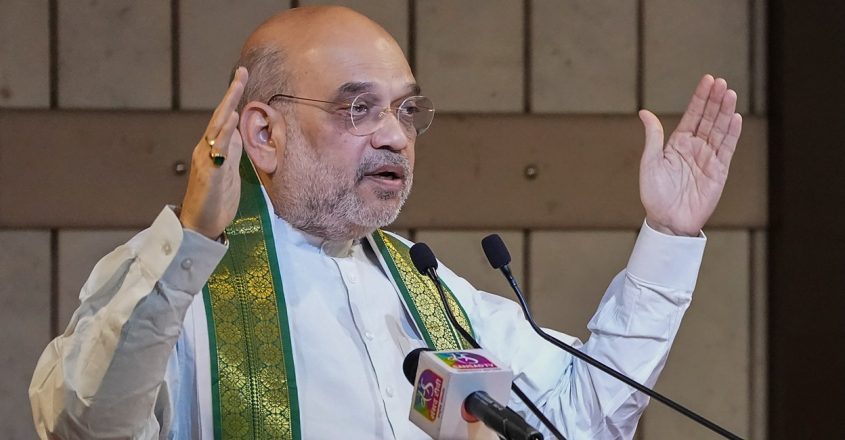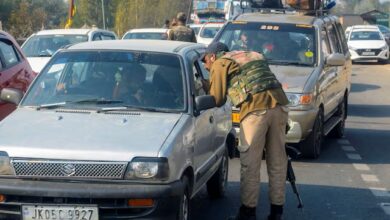Centre Empowers States And UTs To Declare SIMI As A Banned Group Under UAPA

- According to the Atal Bihar Vajpayee government, the SIMI was first made illegal in 2001. Since then, the ban has been extended several times.
- The group is damaging the country's secular structure by polluting people's minds, causing communal conflict, spreading anti-national feelings
Under the anti-terror law UAPA, the Centre gave all states and Union Territories the power to make the Students Islamic Movement of India (SIMI) an unlawful organization on Monday.
For five more years, starting on January 29, the Central government made the SIMI illegal once again. When the government expanded the ban on the terrorist group, they said that the group was involved in spreading terrorism and upsetting the country’s peace and mutual understanding.
According to a notice released on Monday, the Union Home Ministry said that the Central government is using the powers it has under Section 42 of the Unlawful Activities (Prevention) Act, 1967 (37 of 1967) to tell the state governments and the Union Territory administrations to do the same things they can do under Sections 7 and 8 of the same Act in relation to the illegal consortium SIMI.
The governments of 10 states—Andhra Pradesh, Gujarat, Jharkhand, Kerala, Maharashtra, Madhya Pradesh, Rajasthan, Tamil Nadu, Telangana, and Uttar Pradesh—have asked that SIMI be labeled as a “unlawful association” under the Unlawful Activities Prevention Act (UAPA).
According to the Atal Bihar Vajpayee government, the SIMI was first made illegal in 2001. Since then, the ban has been extended several times.
As stated in its notification, the home ministry said that SIMI has been carrying out its illegal actions and reorganizing its activists who are still going missing.
The group is damaging the country’s secular structure by polluting people’s minds, causing communal conflict, spreading anti-national feelings, and boosting secessionism by supporting militancy and doing things that are harmful to the country’s safety and integrity, the statement said.







Facebook Comments